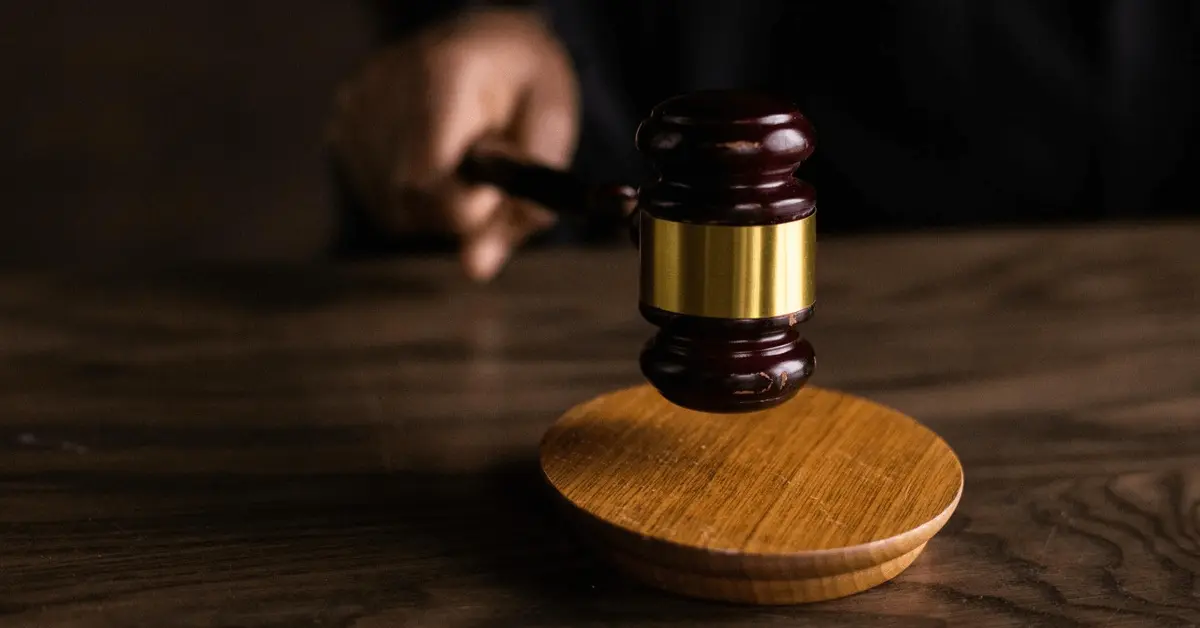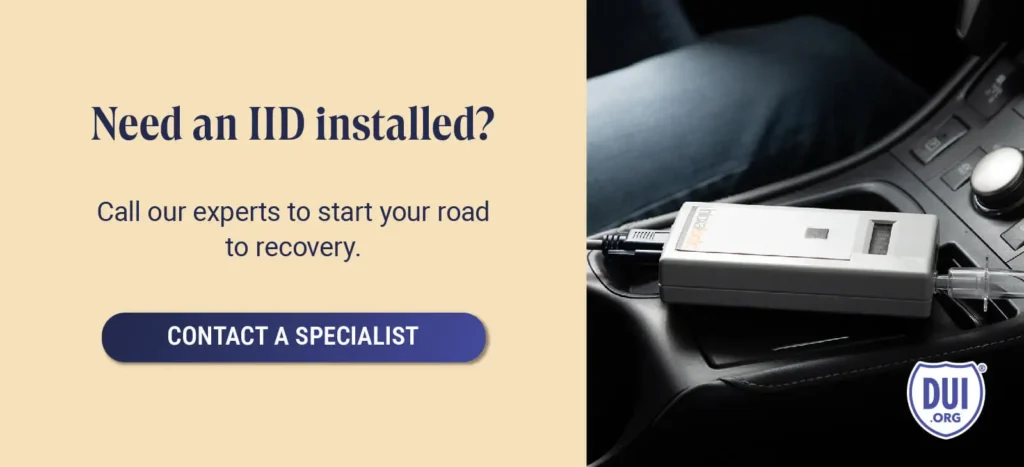Driving under the influence (DUI) is a serious offense with potentially life-changing consequences. To navigate the complex landscape of DUI cases, it’s essential to understand the roles of the DUI judicial system and the DUI administrative system in your state. Whether you’re facing your first DUI charge or a repeat offense, knowing how these systems operate can significantly impact your approach and strategy.
The DUI Judicial System: A Detailed Look at the Court Process
The DUI judicial system handles DUI charges as criminal matters. Here’s a breakdown of the DUI court process:
- Arrest and DUI Charges: Once arrested for a DUI, the offender faces criminal charges and will likely be required to appear in court. This marks the beginning of the DUI judicial process.
- Court Appearances and Legal Representation: The DUI court process involves multiple court hearings. It’s advisable to hire a defense attorney to guide you through the complexities of the DUI judicial system.
- Potential Outcomes and DUI Conviction: Depending on the case, you may proceed to trial or enter a plea agreement. If convicted, the penalties can include fines, imprisonment, community service, probation, restricted driving privileges (including ignition interlock requirements), and a permanent criminal record. Even with a plea deal, the DUI conviction can have long-lasting repercussions.
- State-Specific Considerations: Some states offer DUI diversion programs or specialized DUI courts that aim to rehabilitate offenders through intensive supervision and treatment.
In the DUI judicial system, the accused has constitutional rights, including the right to a fair trial and legal representation.
Navigating the DUI Administrative System: Immediate Consequences
The DUI administrative system deals with the offender’s driving privileges rather than criminal penalties. Here’s what to expect:
- Immediate Actions and DUI Administrative Penalties: Following a DUI arrest, a state’s department of motor vehicles (DMV) or a similar agency may immediately suspend or restrict the offender’s driver’s license. This action occurs independently of the DUI court process.
- DMV Hearings and License Suspension: The offender can request a hearing with the DMV to contest the suspension. This administrative hearing focuses solely on whether the driving privileges should be suspended or revoked.
- Role of Law Enforcement and DUI Administrative Actions: Law enforcement officers often initiate these administrative penalties upon arrest, which can include the immediate suspension or restriction of driving privileges and requirements such as alcohol education programs and ignition interlock devices (IIDs).
- Comparison with DUI Judicial System: Unlike the DUI judicial system, the DUI administrative system has a lower burden of proof and a quicker, less formal process.

Key Differences Between the DUI Judicial System and DUI Administrative System
Understanding the differences between these two systems is crucial:
- Burden of Proof: The DUI judicial system requires proving guilt beyond a reasonable doubt, while the DUI administrative system has a lower standard of proof, focusing on driving privileges.
- Penalties: Judicial penalties can be severe and long-lasting, including imprisonment and a permanent DUI conviction. Administrative penalties are immediate and typically involve driving privileges but may not carry the same long-term consequences.
- Defense and Legal Representation: Offenders have the right to legal representation in both systems, though the nature of the defense may differ between the DUI court process and administrative hearings.
- Speed and Efficiency: The DUI administrative system is generally faster, with immediate penalties like license suspension. The DUI judicial system is slower, involving multiple court appearances and a more extensive process.
Consequences of Overlapping DUI Systems
A DUI offense often triggers actions in both the DUI judicial system and the DUI administrative system. This means an offender could face criminal charges in court while simultaneously dealing with administrative penalties like license suspension. Managing these overlapping DUI processes requires careful attention to deadlines and a clear understanding of your rights in both arenas.
State Variations and Approaches to DUI Offenses
Different states have varied approaches to DUI offenses. Some focus more on administrative penalties, while others emphasize criminal sanctions through the DUI judicial system. Understanding these state-specific variations can help you better navigate the DUI process.
If you or someone you know is facing a DUI charge, seeking legal advice is crucial to achieve the best possible outcome. Both the DUI judicial system and the DUI administrative system can be complex, but with appropriate guidance, you can minimize the impact on your life and future.


